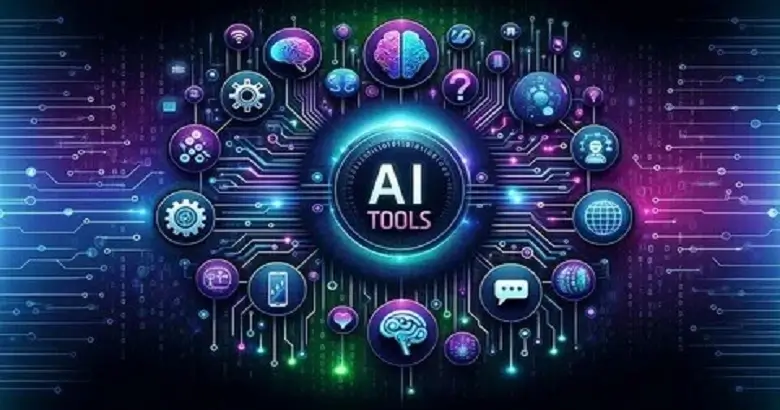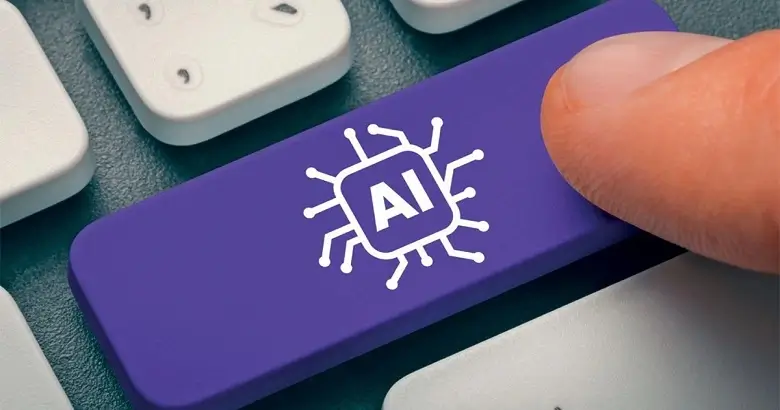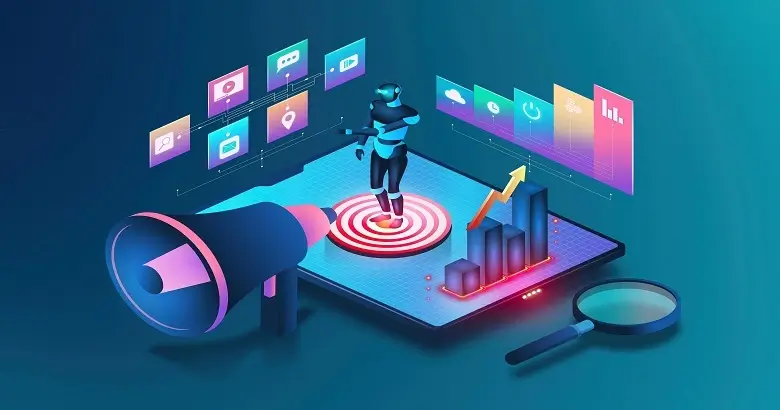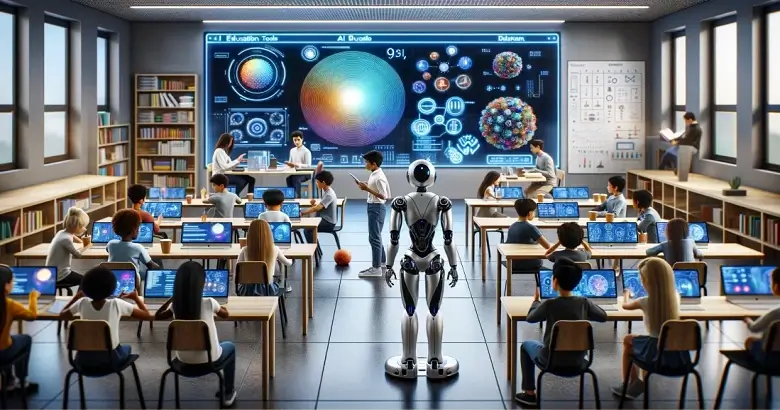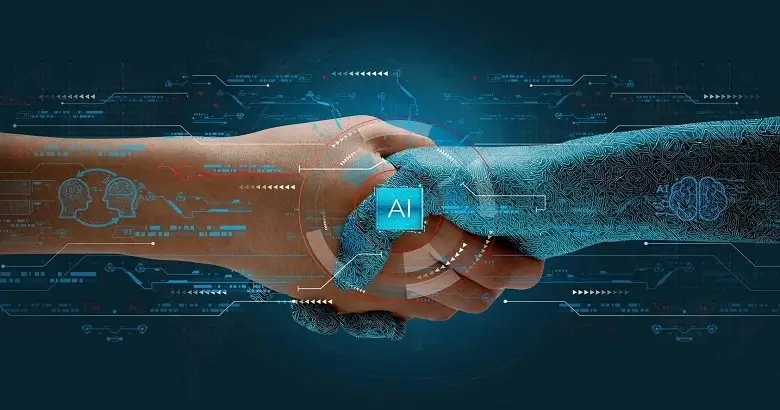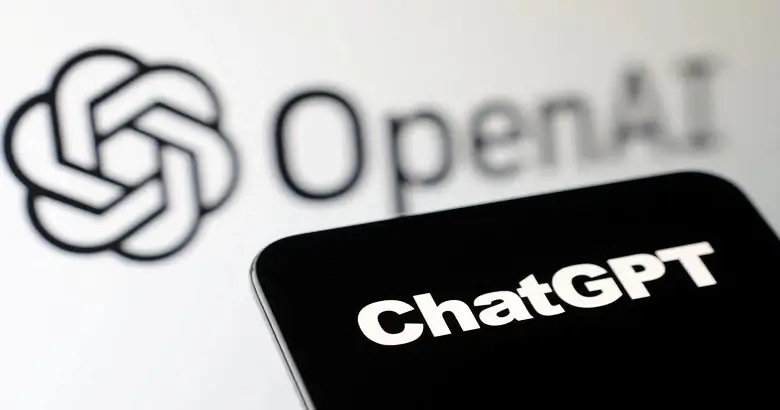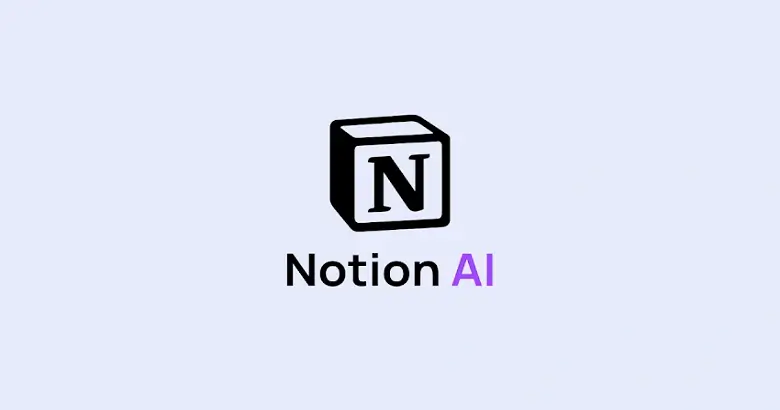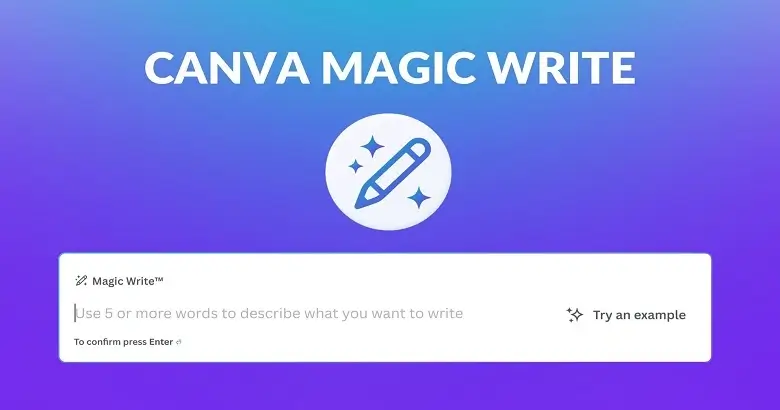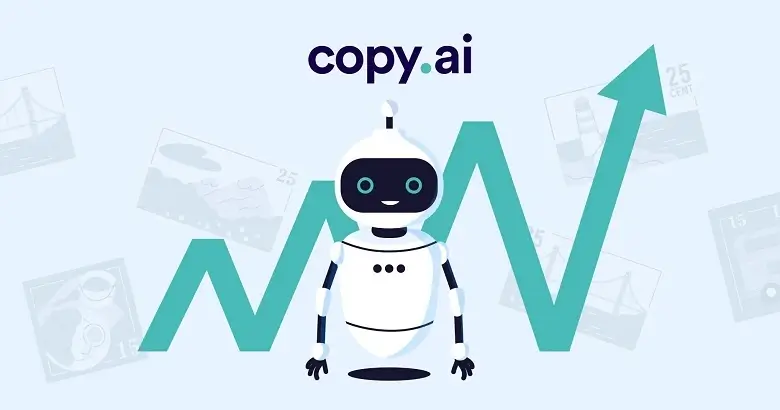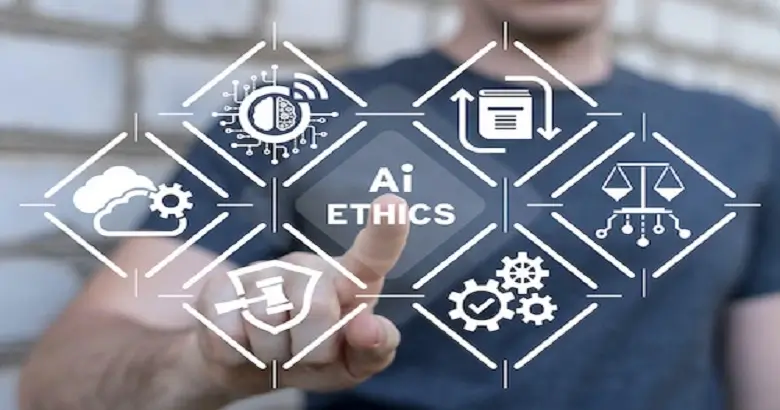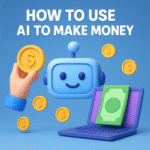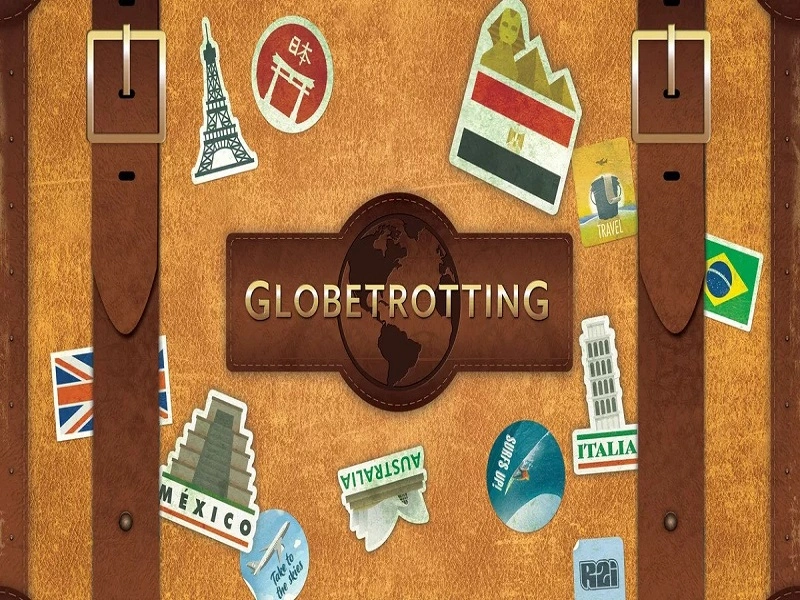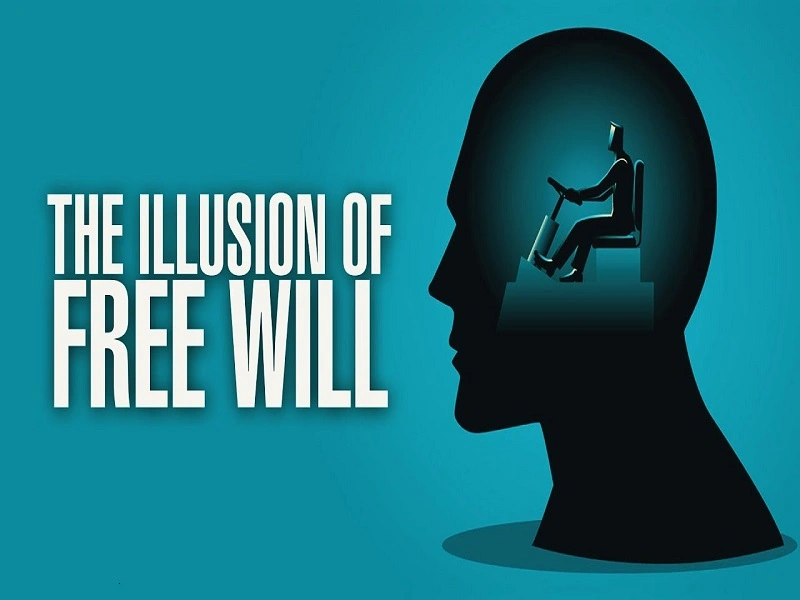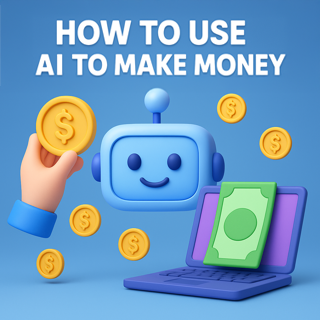The future of AI tools is thrilling and unpredictable, promising new forms of creativity, productivity, and even intelligence itself. While no one can fully predict the trajectory, several trends are already taking shape as we approach 2025.
Artificial General Intelligence (AGI) is perhaps the most ambitious goal: developing AI that can reason, learn, and solve problems across domains, just like a human. Leading labs like OpenAI and DeepMind are racing toward this milestone, with research increasingly focusing on AI systems that can transfer knowledge between tasks, self-improve, and adapt to new environments with minimal human input. Though AGI remains hypothetical, some experts predict breakthroughs within the next decade.
Human-AI Collaboration is becoming the dominant paradigm. Rather than viewing AI as a replacement, many industries are integrating AI as a co-pilot. In software development, GitHub Copilot helps coders write faster. In healthcare, AI tools like IBM Watson assist doctors with diagnostics and treatment plans. The future isn’t human versus AI, it’s human plus AI.
Emerging Technologies are fusing with AI in groundbreaking ways. Imagine AI-enhanced Augmented Reality (AR) experiences where your glasses overlay live translation in real time, or Virtual Reality (VR) fitness instructors that adapt to your performance. The Internet of Things (IoT) is also being supercharged by AI, allowing smart homes, cars, and even cities to anticipate user needs and optimize performance.
AI Regulation will shape the limits and potential of future tools. While innovation often outpaces legislation, countries are working to establish global norms. The Bletchley Declaration, signed by the UK, US, China, and EU members in late 2023, marks the first multilateral agreement to tackle frontier AI risks, such as misinformation, national security threats, and AI-driven warfare.
Hyper-personalization is also on the rise. Soon, AI will go far beyond recommending music or tailoring ads. We’re entering a world where AI tools could create a full digital avatar of you, one that learns your writing style, mimics your voice, and anticipates your daily routines. Imagine writing a blog post and having an AI instantly turn it into a narrated podcast, a YouTube video in your voice, and a carousel of Instagram visuals, all within minutes.
Quantum AI is another long-term frontier. As quantum computing advances, AI algorithms could be run exponentially faster and solve currently intractable problems in drug discovery, logistics, cryptography, and physics.
Despite all this innovation, the future of AI tools hinges on public trust, ethical design, and transparent governance. Only then can we harness the full potential of AI to enrich, rather than endanger, the human experience.
